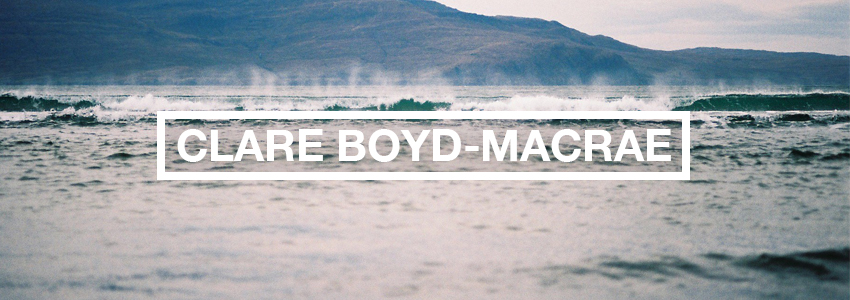Winter - bring it on!
 Sunday, May 15, 2011 at 08:29PM
Sunday, May 15, 2011 at 08:29PM Why does winter get such bad press?
In popular songs, summer is the time of love; winter is when your sweetheart leaves you. In literature and theatre, winter is the metaphor for all that is barren, tragic, oppressive and melancholy.
On the street, in homes and offices, most people whinge about the cold. Few of us are game to complain about rain these days, even after the floods of the last 12 months, but it’s open season on winter.
I’m glad I don’t live in Canada; I would resent having to put on multiple layers every time I head out the door. And I know even an antipodean winter is very tough for some: the elderly and isolated, the arthritic, those at home with a bunch of little kids, most of all, the homeless, for whom winters must be bitter.
But in Victoria, for those of us lucky enough to possess four walls to keep out the elements, I propose a new take on what is my favourite season.
For starters, this decade, even in Victoria, summer is the most brutal and relentless season. Rivers run dry, parks and gardens wilt, cities are torrid and airless and it’s impossible to get cool. Worst of all, there is constant worry for those living in bushfire prone areas and sometimes devastation when their worst fears are realised.
Winter is when the natural world looks lush and green again and when human beings can be active without expiring in a sweaty, breathless swoon.
This time of year I get excited at the prospect of several months of cold. The chilly snap this last week has had me cheering – bring it on!
Why do I love winter? Partly it’s a question of genetics. My Anglo-Celtic-Germanic DNA means that I am energised by cold whereas heat leaves me listless, lazy, pathetic and cranky to boot.
Upbringing is a factor too. I spent my primary school years in a boarding school at an altitude of 8000 feet. There was no heating of any kind, and we were only allowed three thin blankets on our beds. The fleeces and down jackets and thermals that protect us these days hadn’t been invented. So I don’t really feel the cold. I rarely use a heater on winter mornings.
Another factor is that I love being out of doors especially if I’m walking. In summer, I’m forced to take my constitutional early in the morning or late at night. Even after dark, it’s sometimes unpleasant – when blustery north winds keep temperatures in the high 20s all though the wee hours. I walk to work, and can’t bear getting there flushed and sweaty. Whereas in the winter, doesn’t matter how cold it gets, a k or two of brisk walking will always warm me up.
Then there is the sheer cosiness of winter, and all the delicious things that come with it. Sure, there’s something magic about long summer evenings and spilling out onto the verandah for a gin and tonic before the barbeque. But it can’t hold a candle to an evening beside the fire, curtains drawn, pitch, freezing black outside, hands curled around hot mugs of tea, or, better still, hot chocolate.
Or coffee on a cold Sunday afternoon with all the bits of the weekend papers lying haphazardly around as you work your way through, the laundry on the clothes horse steaming gently by the heater, creating a fragrant fug.
The winter clothes that, unlike their flimsy summer counterparts, cover a multitude of sins: jeans and boots and thick socks, scarves and gloves and woolly beanies.
What about the romance of cuddling under a doona when it’s six degrees outside? Summer as the season of love? I don’t think so. Beds are so much better in the colder months, whether you’re kept warm by a partner or a hot water bottle. Summer nights are horrible – I toss and turn on sticky, crumpled sheets and can’t sleep. On a cold night, I feel like a little kid again – surrounded and protected by warmth.
And of course, the rain. This year has been a wonderful aberration, but over the last ten years, all year round, I have longed for rain. The sky pouring bountifully on the garden. The sound of rain on a tin roof, its patter on my bedroom window, driven against it by a bitter wind, with me safe and warm inside. Nothing makes me sleep better.
So even if you’re a summer person, see if you can change your mindset about winter. You’re stuck with it every year after all. You might as well enjoy it.
 Clare |
Clare |  3 Comments |
3 Comments | 